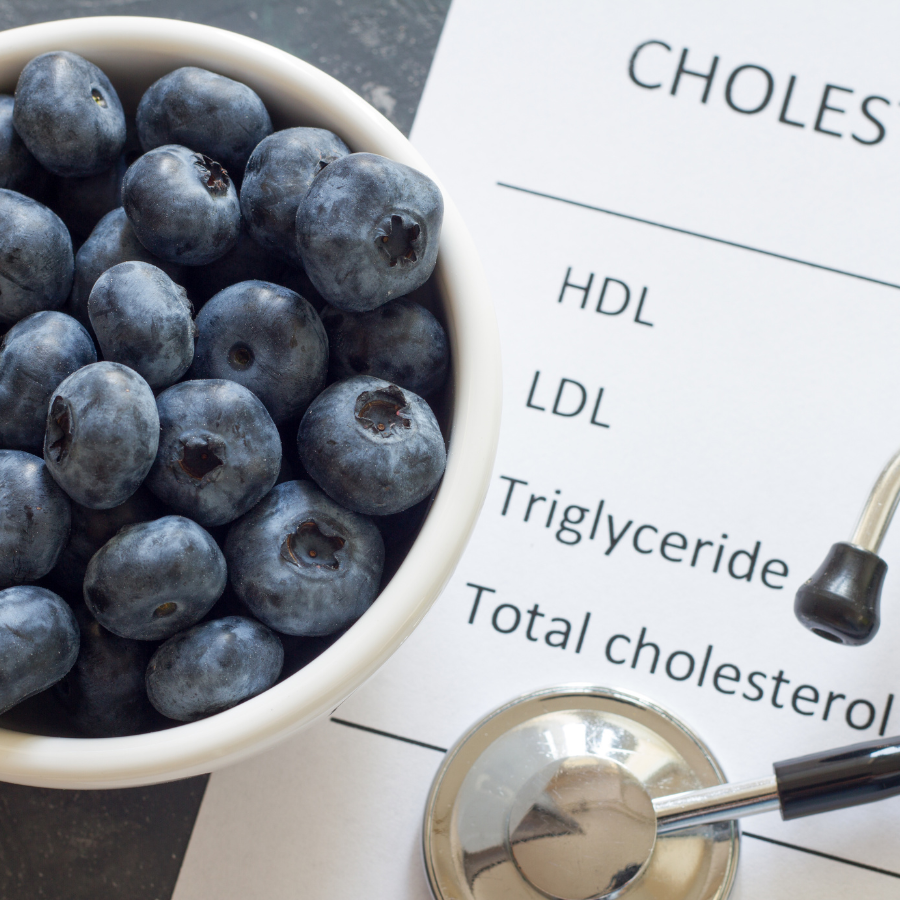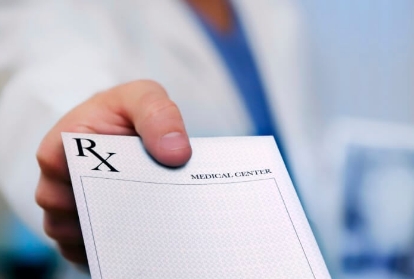High cholesterol is a condition where there is too much cholesterol in the blood. While it is essential for many functions, high cholesterol is a major risk factor for heart disease, stroke, and other serious health conditions.
According to the American Heart Association, more than 102 million Americans have high cholesterol. High cholesterol has no symptoms, so it’s important to get your cholesterol checked by a doctor starting at age 20.
There are a number of risk factors for high cholesterol, including family history, diet, obesity, lack of exercise, smoking, and diabetes.
Family history is one of the most important risk factors for high cholesterol. If your family has a history of high cholesterol, you are more likely to develop the condition.
Diet: A diet high in saturated fat and cholesterol can increase your cholesterol levels.
Obesity increases the amount of LDL cholesterol in the blood and decreases the amount of HDL cholesterol.
Lack of exercise: Exercise helps to keep LDL cholesterol from being deposited in the arteries.
Smoking damages the walls of the arteries and increases the amount of LDL cholesterol in the blood.
Diabetes increases the risk of atherosclerosis, which is a buildup of plaque in the arteries.
There are no signs and symptoms associated with high cholesterol, which makes it even more important to get checked on a regular basis.
A diagnosis of high cholesterol is made when a blood test reveals an elevated level of low-density lipoprotein (LDL) cholesterol. LDL cholesterol is often referred to as “bad” cholesterol because it can build up in the arteries, causing a blockage that can lead to a heart attack or stroke.
The most common type of medication used to treat high cholesterol is a statin.
Statins work by blocking the production of cholesterol in the liver. They are generally safe and effective, but they can cause side effects such as muscle pain and fatigue. In addition, statins may interact with other medications, so it is important to talk to a doctor before starting any new medication.
Other medications to treat high cholesterol include:
Bile-acid-binding resins: colesevelam and colestipol
Cholesterol absorption inhibitors: ezetimibe
Niacin
Fibrates: gemfibrizol and fenofibrate
Omega-3-Fatty Acids
There are a number of lifestyle remedies that can help to reduce cholesterol levels.
Regular exercise is one of the most effective ways to lower cholesterol, as it helps to improve the filtering ability of the liver and increase levels of HDL (good) cholesterol.
Weight loss can also be helpful, as excess weight is a major contributor to high cholesterol levels. If you are overweight or obese, losing even a small amount of weight can have a significant impact on your cholesterol levels.
Eating a healthy diet is another key part of reducing cholesterol, as certain foods (such as fatty fish, nuts, olive oil, and foods that are high in fiber like fruits, vegetables, and whole grains) can help to improve lipid profiles.
Avoiding tobacco and excessive alcohol consumption are also important for maintaining healthy cholesterol levels.
By following these simple lifestyle remedies, you can dramatically reduce your risk of developing heart disease and other serious health conditions.

If you have a question about a prescription transfer or ordering from NextRx, we’d love to hear from you.

This will close in 0 seconds